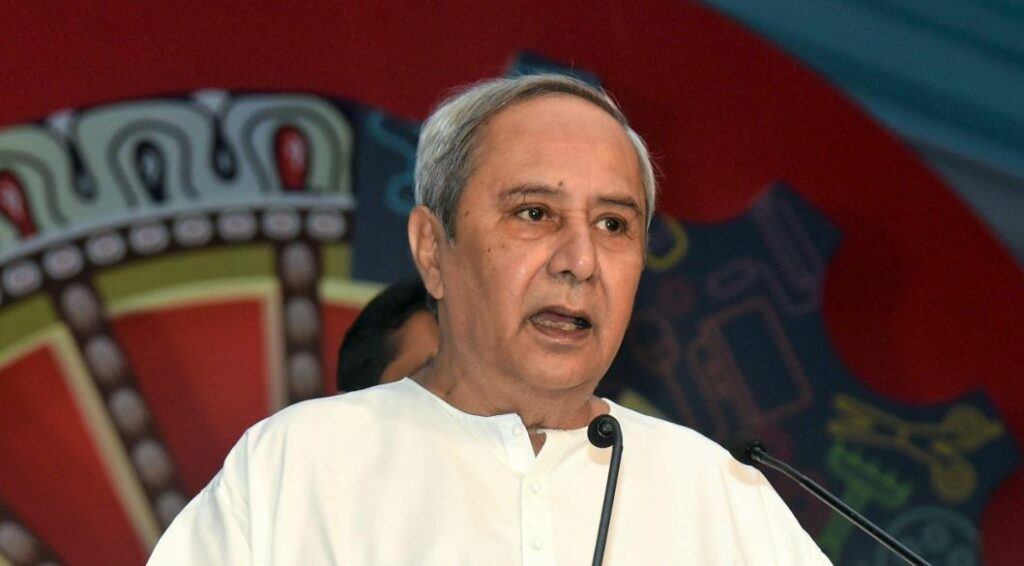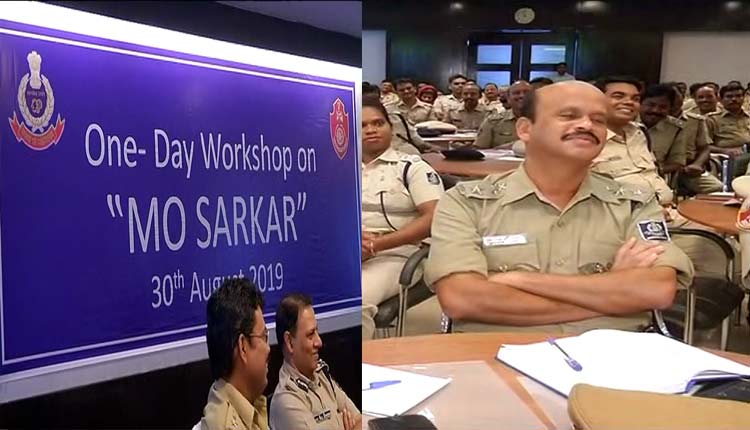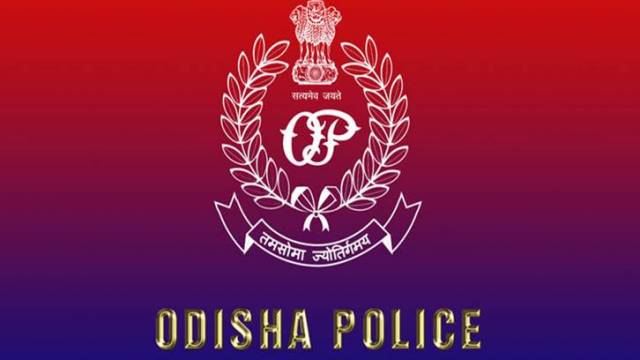Bhaskar Parichha

What more the Odisha police will do for the citizens under the new plan remains to be seen,writes Bhaskar Parichha.
Odisha is soon going to have a ‘Sanskari’ police. Come Gandhi Jayanti, we will see a new dawn in ‘Mo Sarkar’ (my government). ‘Mo’ or ‘my’ has of course been a punch line of the Naveen government for quite some now in its second avatar. In fact, every utility the government provides today is supposed to be owned by the people. Or at least the government thinks so.
When Chief Minister Naveen Patnaik was telling the heads of all the 635 police stations through video conferencing recently that they should either work for the people and be rewarded or else be punished, that was a bold (and beautiful!) statement coming from the ‘reformed’ leader.
Then, what exactly is ‘Mo Sarkar’? It is a new system of governance where the Chief Minister will directly talk to the people visiting police stations and take feedback from them. And, like many firsts, this too will be the ‘first- of -its- kind’ initiative in the country. ‘Mo Sarkar’ isn’t confined to police stations alone. It will be extended to government hospitals in course of time.

“Starting from October 2 (Gandhi Jayanti), I will personally make ten phone calls every day. Based on the feedback, there will be immediate action. Those who are doing good work will be appreciated and action will be taken against those who are not,” Patnaik told the police officers.
He further elaborated: “We run the administration with taxpayers’ money. We draw our salary from the money of the citizens. It is our duty to treat citizens with dignity whenever they visit police stations, deal with their complaints in a professional, ethical and humane manner.”

Professional, ethical and humane – this is the kind of transformation the Naveen Patnaik government wishes to achieve through ‘Mo Sarkar’. ‘Mo Sarkar’ – claimed to be a revolutionary program – is part of the much-touted 5-T agenda. The 5Ts, as we are already familiar with the acronym, aim at achieving progress through Transparency, Teamwork, Technology, Time and Transformation.
Under the new initiative, anyone visiting a police station will register his/her telephone number with the police which will be linked to the ‘Mo Sarkar’ platform.
The complainant’s mobile number will be available with all the senior officers up to the chief minister level. If anyone does not have a personal telephone number (that is possible because the mobile penetration in our state is still near to the ground and at 68%, Odisha’s teledensity is fifth lowest nationally), he or she can register a relative’s number for feedback.
Meanwhile, the Odisha Police has developed a system for recording feedback from the people who come to the police stations for various utilities –mostly to lodge FIRs. For this, a state-level ‘call center’ has been established at the State Crime Record Bureau at Bhubaneswar. This is a nodal agency for implementing the ‘Mo Sarkar’ initiative. Likewise, district call centers have also been established in all the districts which function under the direct supervision of the superintendents of police of the districts. So far so good!

But hold on! The motto of Odisha Police – formed eighty-three years ago on Utkal Divas – itself is ‘we serve and protect’. So, the Odisha police are already a module of ‘Mo Sarkar’ long time back. What more it can and will do for the citizens under the new plan remains to be seen.
To work for the people is the fundamental responsibility of any law enforcement agency. If the police in Odisha wasn’t performing its assigned role up till now that was because there was no accountability. With 5T in top gear, the Odisha police, from now onwards, should ideally be the ‘people’s police.’
As Sir Robert Peel Prime Minister of United Kingdom said, ‘The police are the public and the public are the police; the police being only members of the public who are paid to give full time attention to duties which are incumbent on every citizen in the interests of community welfare and existence.’





























